The HFR5-V CVR with DLR system is a crash-survivable recording device intended for installation in commercial air transport aircraft to accommodate mandatory cockpit voice recording. It simultaneously records four channels of audio present at its inputs. The audio input signals represent the cockpit acoustic environment and consist of one wide-band area channel and three narrow-band voice channels.
In addition to the audio inputs, the HFR5-V CVR also records digital communications (datalink) data from a Communication Management Unit (CMU) or similar equipment (compliant to TSO-C177 Datalink Recording Requirements), timing correlation signals (e.g., GMT or FSK), and helicopter rotor speed, if available.The HFR5-V CVR retains the most recent 2 hours of recorded information in solid-state, crashsurvivable memory. The recording includes all audio, datalink, and timing data described above. For automatic status reporting, the HFR5-V CVR also provides a Type 1 BITE Standard A interface to an Onboard Maintenance System (OMS) or similar equipment.The HFR5-V CVR fully satisfies the Minimum Operational Performance Specification (MOPS) for Cockpit Voice Recorder Systems as stated in EUROCAE document ED-112. This industry document defines the requirements for a Cockpit Voice Recorder (CVR) utilizing solid-state memory as the recording medium. It also satisfies the recording requirements specified in the Minimum Aviation System Performance Specification for CNS/ATM Message Recording Systems, ED-93. The HFR5-V CVR complies with the interface characteristics defined in ARINC Characteristic 757-4.
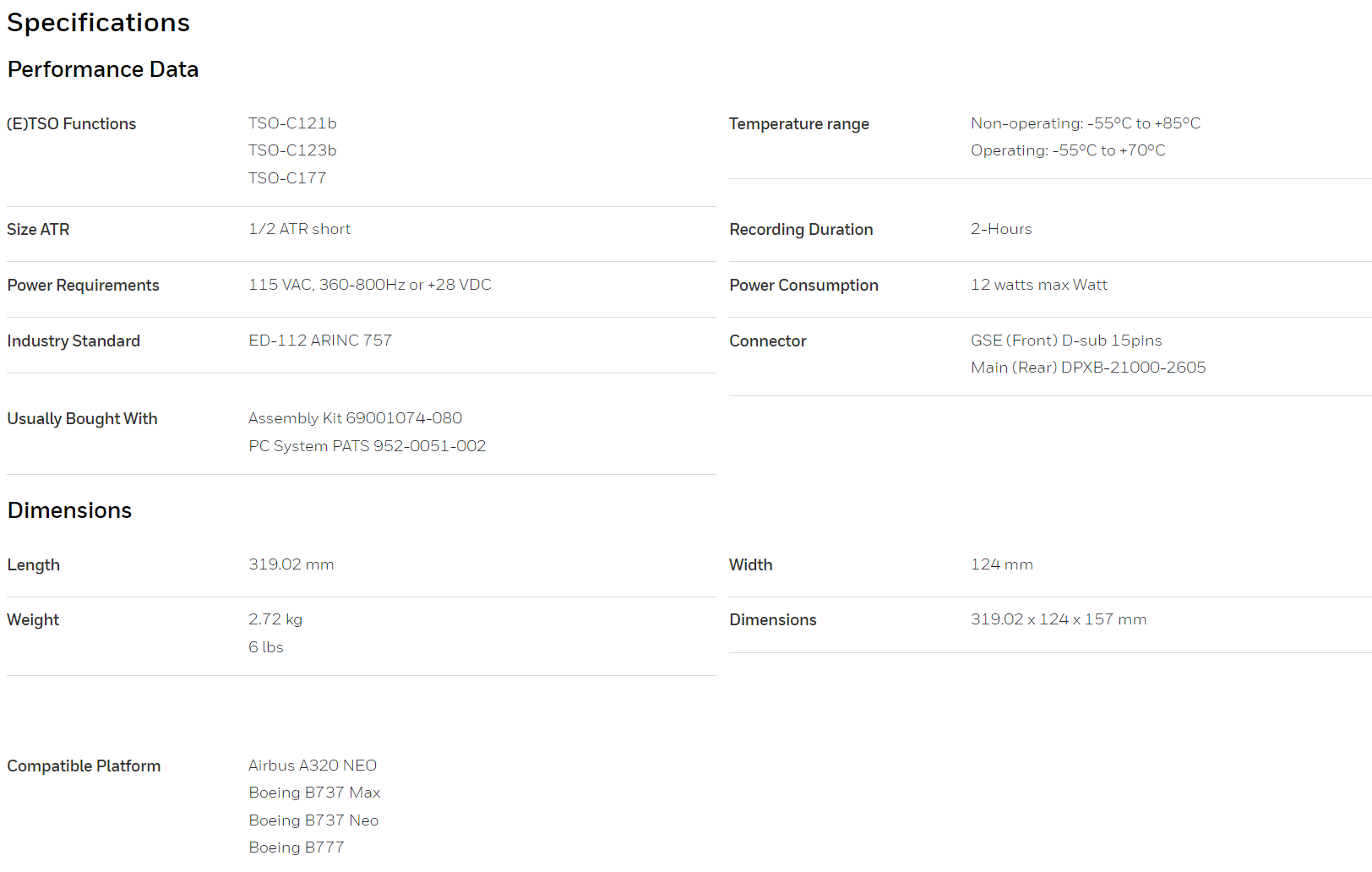
Yes, we retrofit legacy systems (e.g., GE Frame 5, Siemens V94.2) with modern digital controllers, typically completing hardware integration within 4-8 weeks. Software migration requires additional validation time.
We recommend annual performance testing under ISO 3977-2 standards. Critical applications (e.g., offshore platforms) may require semi-annual tests with emissions compliance checks.
All rad-hard devices (e.g., FPGA, ADC) are QML Class V certified under MIL-PRF-38535 and tested to MIL-STD-883 Method 1019 for SEU tolerance. Full qualification reports are available upon request.
Our ASICs and power management ICs operate across -55°C to +175°C ambient temperatures, with derating curves provided in military temperature range (MTR) datasheets.
Our PMA parts (e.g., actuators, sensors) hold FAA/EASA Form 1 certification and match OEM form/fit/function. Installation requires SB/MB documentation per FAA AC 23.1529.
All NAS/MS fasteners include full DNA traceability: melt source (AMS 2301), heat/lot numbers, and AS9100-compliant MTRs with ultrasonic test reports.
AOG orders ship within 4 hours for stocked items (FAA-PMA, EASA Part 21G). Non-stock critical parts trigger priority manufacturing with 72-hour max turnaround.
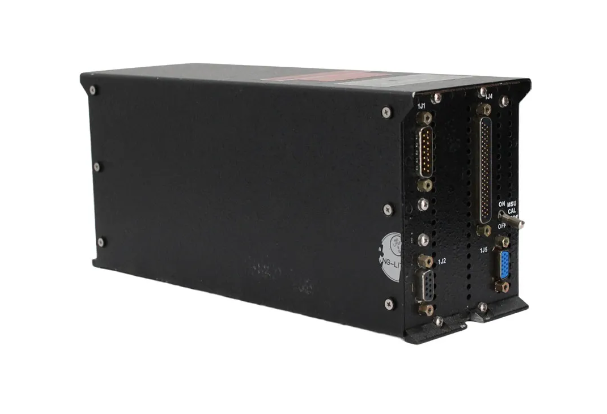
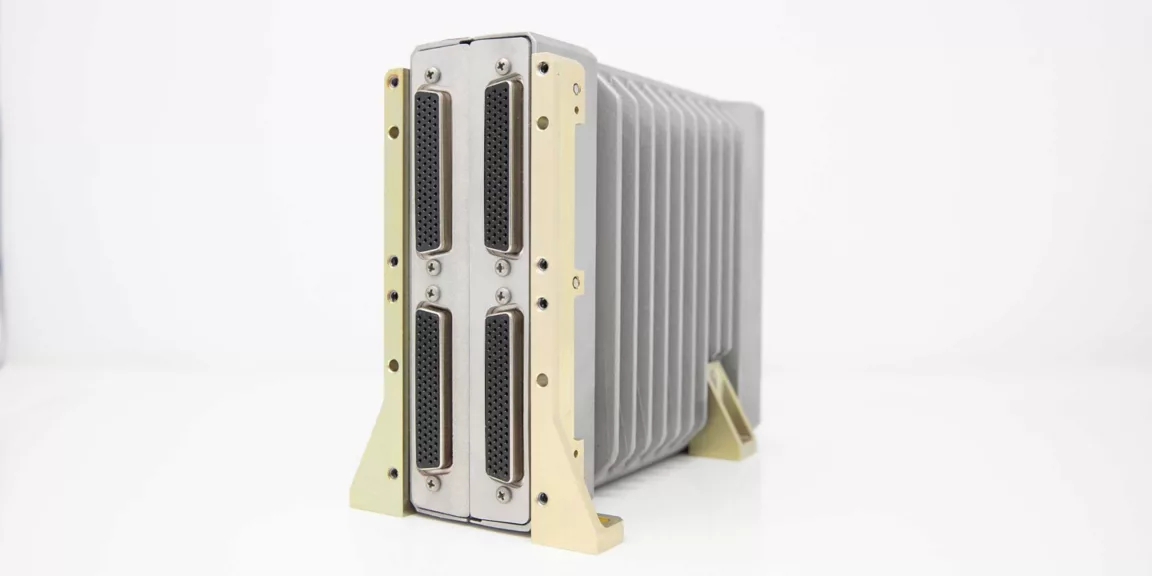
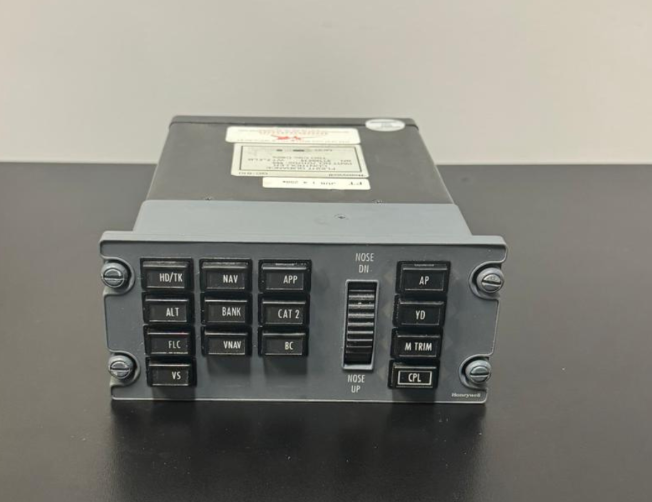
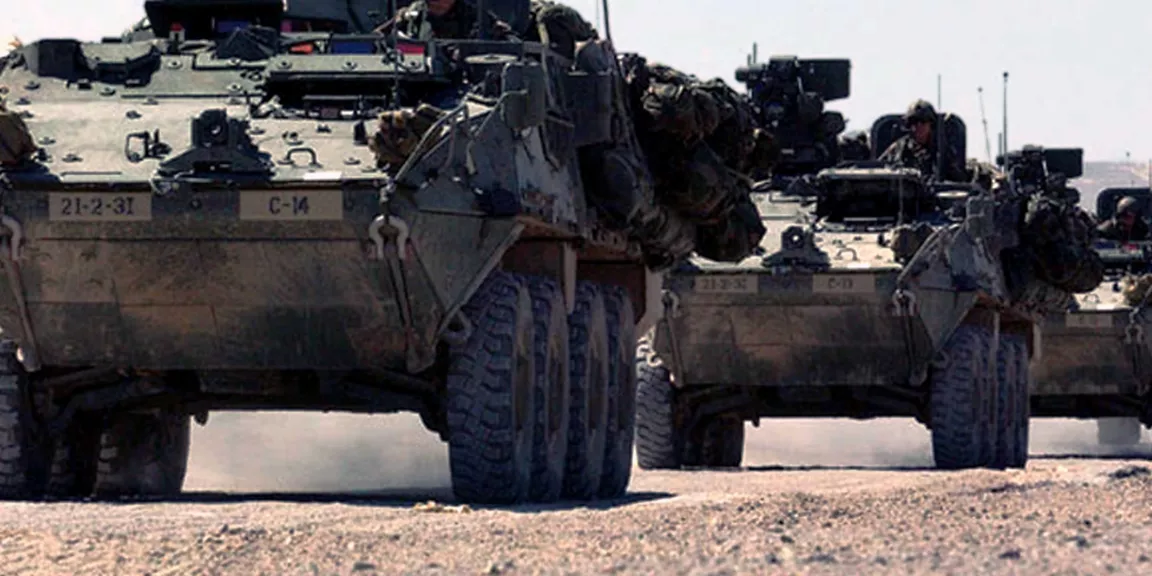
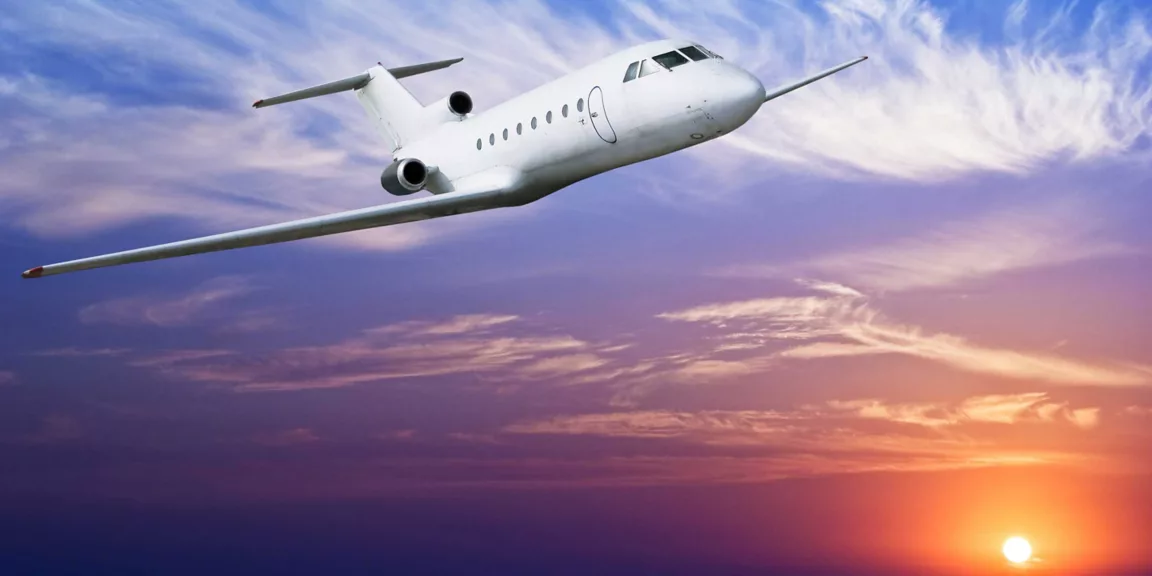
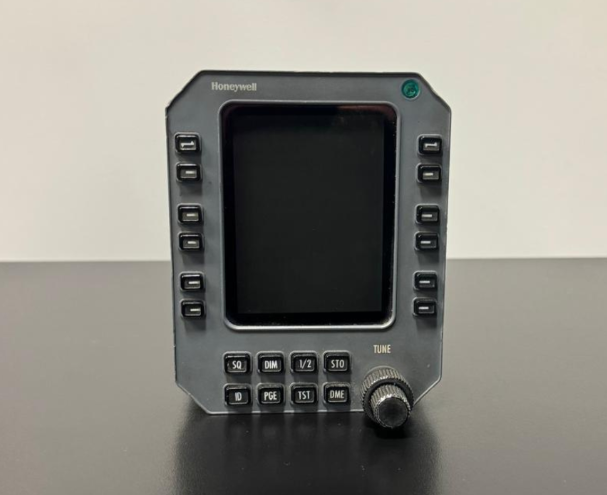
 Gas Turbine
Gas Turbine
 Aircraft parts
Aircraft parts